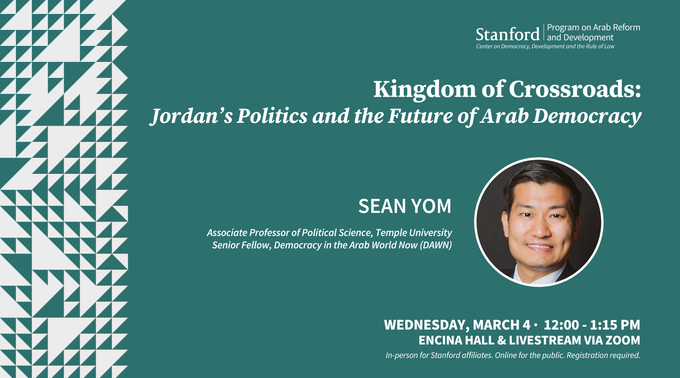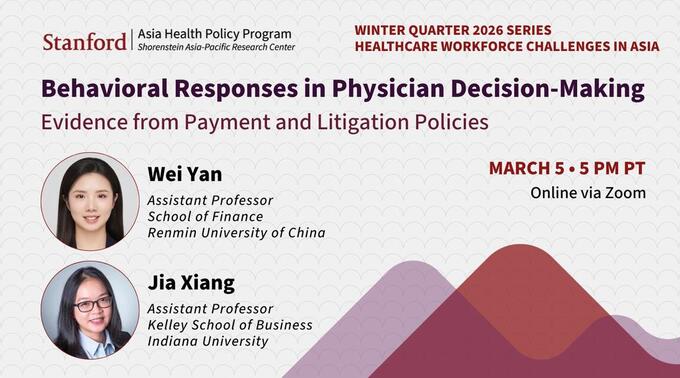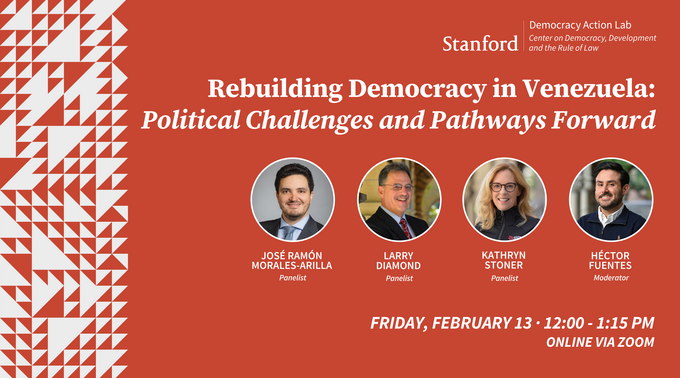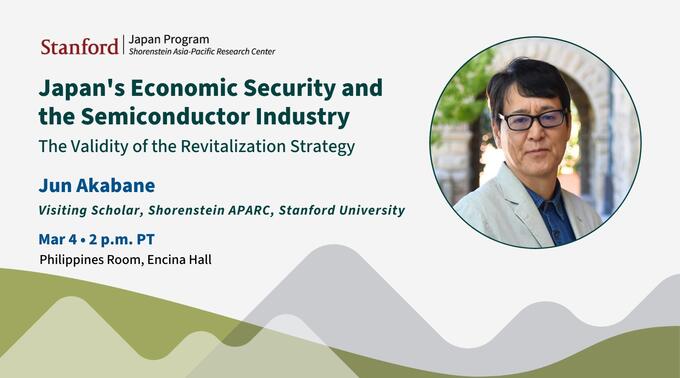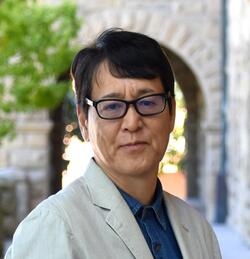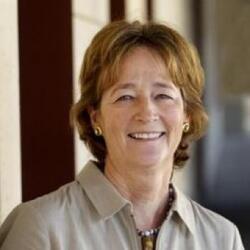The Provenance Problem: Research Methods and Ethics in the Age of WikiLeaks
* Please note all CISAC events are scheduled using the Pacific Time Zone.
Register in advance for this webinar: https://stanford.zoom.us/webinar/register/8416226562432/WN_WLYcdRa6T5Cs1MMdmM0Mug
About the Event: Is there a place for illegal or nonconsensual evidence in security studies research, such as leaked classified documents? What is at stake, and who bears the responsibility, for determining source legitimacy? Although massive unauthorized disclosures by WikiLeaks and its kindred may excite qualitative scholars with policy revelations, and quantitative researchers with big-data suitability, they are fraught with methodological and ethical dilemmas that the discipline has yet to resolve. I argue that the hazards from this research—from national security harms, to eroding human-subjects protections, to scholarly complicity with rogue actors—generally outweigh the benefits, and that exceptions and justifications need to be articulated much more explicitly and forcefully than is customary in existing work. This paper demonstrates that the use of apparently leaked documents has proliferated over the past decade, and appeared in every leading journal, without being explicitly disclosed and defended in research design and citation practices. The paper critiques incomplete and inconsistent guidance from leading political science and international relations journals and associations; considers how other disciplines from journalism to statistics to paleontology address the origins of their sources; and elaborates a set of normative and evidentiary criteria for researchers and readers to assess documentary source legitimacy and utility. Fundamentally, it contends that the scholarly community (researchers, peer reviewers, editors, thesis advisors, professional associations, and institutions) needs to practice deeper reflection on sources’ provenance, greater humility about whether to access leaked materials and what inferences to draw from them, and more transparency in citation and research strategies.
About the Speaker: Christopher Darnton is a CISAC affiliate and an associate professor of national security affairs at the Naval Postgraduate School. He previously taught at Reed College and the Catholic University of America, and holds a Ph.D. in Politics from Princeton University. He is the author of Rivalry and Alliance Politics in Cold War Latin America (Johns Hopkins, 2014) and of journal articles on US foreign policy, Latin American security, and qualitative research methods. His International Security article, “Archives and Inference: Documentary Evidence in Case Study Research and the Debate over U.S. Entry into World War II,” won the 2019 APSA International History and Politics Section Outstanding Article Award. He is writing a book on the history of US security cooperation in Latin America, based on declassified military documents.
Virtual Seminar

